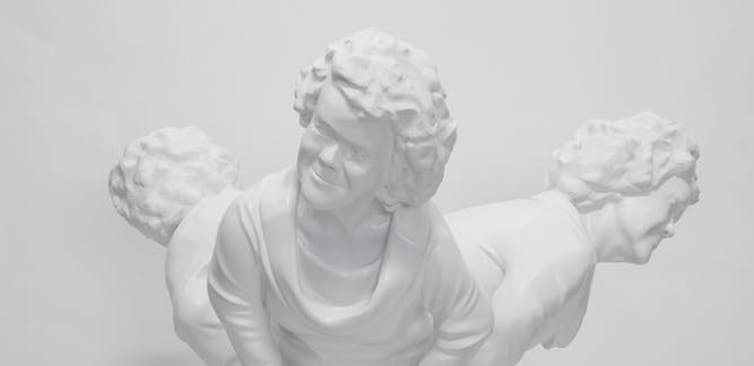Community, Leadership, Experimentation, Diversity, & Education
Pittsburgh Arts, Regional Theatre, New Work, Producing, Copyright, Labor Unions,
New Products, Coping Skills, J-O-Bs...
Theatre industry news, University & School of Drama Announcements, plus occasional course support for
Carnegie Mellon School of Drama Faculty, Staff, Students, and Alumni.
CMU School of Drama
Monday, October 01, 2018
Dwarfism: wrestling show will simply reinforce prejudice
theconversation.com: Historically and culturally, many societies’ frames of reference concerning dwarfism have put people with the condition at the margins of humanity. People with dwarfism are subjected to daily abuse from members of the public when out working, commuting or just getting on with their daily lives.
Subscribe to:
Post Comments (Atom)

1 comment:
I would like to start off by saying I am definitely stepping outside my comfort zone by commenting on this article since as a completely able-bodied person who frankly does not know much about the intricacies of the issues little person have faced, I'm not sure if my voice is particularly useful in this conversation. In fact, I'm fairly certain it isn't. However, in general, I think ableism is one of the most overlooked forms of discrimination and it made me very sad to see that exactly zero people had commented on this article. I completely agree with Dinklage when he said, "[Mocking dwarfism is] one of the last bastions of acceptable prejudice." As much as I admire Bill Hader and John Mulaney, it made me incredibly uncomfortable whenever they would use the derogatory word "midget" in their SNL Stefan sketches, except for the last time when they made a joke about how they couldn't say it because it "wasn't PC anymore". I find this specific show, Dwarfanators, because it sounds like the performers feel as though they are reclaiming the centuries of abuse and mockery in which the majority population used them for entertainment. However, as the article points out, you must also consider who the spectators will be and the performance's effect on them. The spectators, statistically speaking, will likely be people without dwarfism (statistically speaking) and therefore, will they understand the show as a reclamation of a troubled history, or will it reinforce the idea of little people as objects for entertainment? Furthermore, how will this effect change the way they interact with the little people they meet in everyday life? I don't know if the sense of empowerment the performers get is worth it if it is at large negatively affecting the population they represent. As I stated, at the beginning, I don't have answers to these questions but I believe this is a discussion that is important to be having and an issue that all too gets completely ignored.
Post a Comment